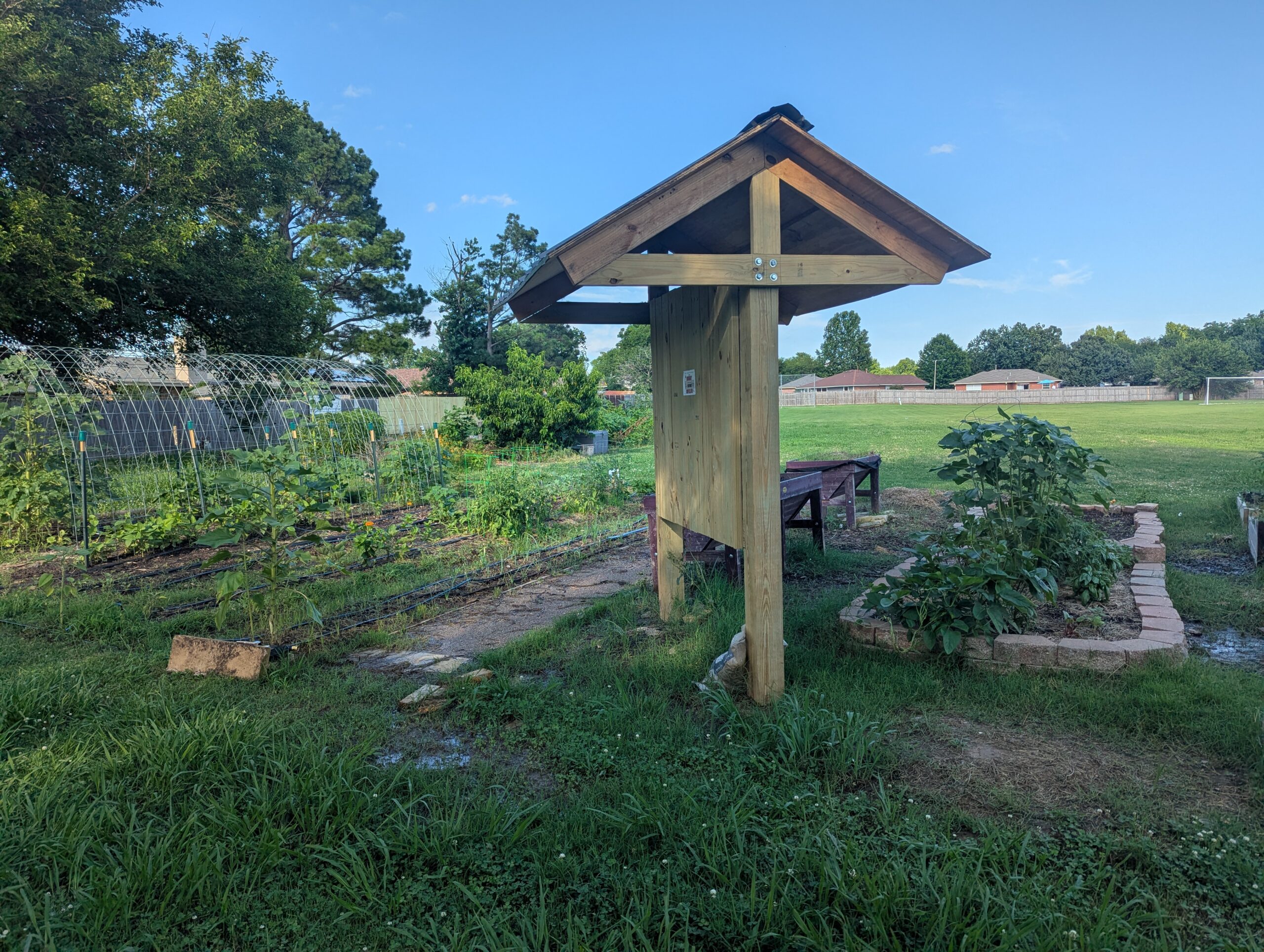In the six months since I joined the American Historical Association, I’ve witnessed historians speaking out on important issues facing our nation and the world. From amicus briefs to the Supreme Court to commentary in response to national tragedies, historians have a powerful impact on public understandings of current events.
In the October issue of Perspectives on History, Jim Grossman defines advocacy as “the promotion of history and historical thinking,” and one of the AHA’s core missions as an advocate for the discipline of history is to expand and amplify the voices of historians in public conversations. We do that through Perspectives on History; our blog, AHA Today; at our annual meeting; and by providing our voice in national publications. The AHA was proud to sign the amicus brief from Nancy Cott on the complex history of marriage cited by Justice Anthony Kennedy in the summer decision recognizing a national right to marriage. In the aftermath of the Charleston church shooting and the ensuing debate about the symbolism of the Confederate flag, AHA executive director Jim Grossman was a sought-after commentator on the history of the flag. Jim Grossman was also a voice of reason and clarity in the controversy surrounding the revised AP U.S. History framework in 2014 and again this year.
So many national issues demand a thorough historical perspective to guide current debates and policy decisions. One particular area of focus for the AHA has been the crisis of mass incarceration. The February 2015 issue of Perspectives included two articles on prison history and teaching history in prisons. When President Obama made the historic move of visiting a federal prison, AHA Today offered key guidance based on historical research. Earlier this month, I attended a Congressional Briefing from historians on this topic organized by the National History Center. Multiple sessions at the AHA’s 2016 annual meeting in Atlanta will also discuss the history of prison and incarceration. In many ways, the AHA is working to bring essential historical insights to political leaders and the public at large.
With so many historians looking for ways to speak out, the AHA wants to help members bring their scholarship to the public with new benefits.
The Op-Ed Project
If you’re interested in learning more about bringing your voice into public conversations, consider attending a workshop hosted by the Op-Ed Project. The Op-Ed Project is a social venture founded to increase the range of voices and quality of ideas heard in public debate. The organization works with under-represented experts (especially women) to bring their expertise into conversations beyond the academy. For a limited time only (now through January 24), AHA members get 10% off registration for a seminar using the code found on MY AHA.
Ideas Roadshow
Get inspiration for crafting publicly-accessible research with a new AHA member benefit from Ideas Roadshow. Ideas Roadshow produces in-depth, long-format conversations with top academics in a variety of disciplines, including history. With 50% off an annual subscription, you can download or stream audio and video episodes, as well as eBooks. Ideas Roadshow is your perfect source for intelligent entertainment while you travel. It also provides a model for making your scholarship accessible to the public. Log on to MY AHA to get the promotion code.
Annual Meeting
You can also learn about bringing your historical knowledge to public conversations from panelists at the 2016 annual meeting in Atlanta. Members of the AHA receive a discount on registration. Check out our guide to public history at the annual meeting for a list of events and sessions.
This post first appeared on AHA Today.
This work is licensed under a Creative Commons Attribution-NonCommercial-NoDerivatives 4.0 International License. Attribution must provide author name, article title, Perspectives on History, date of publication, and a link to this page. This license applies only to the article, not to text or images used here by permission.


